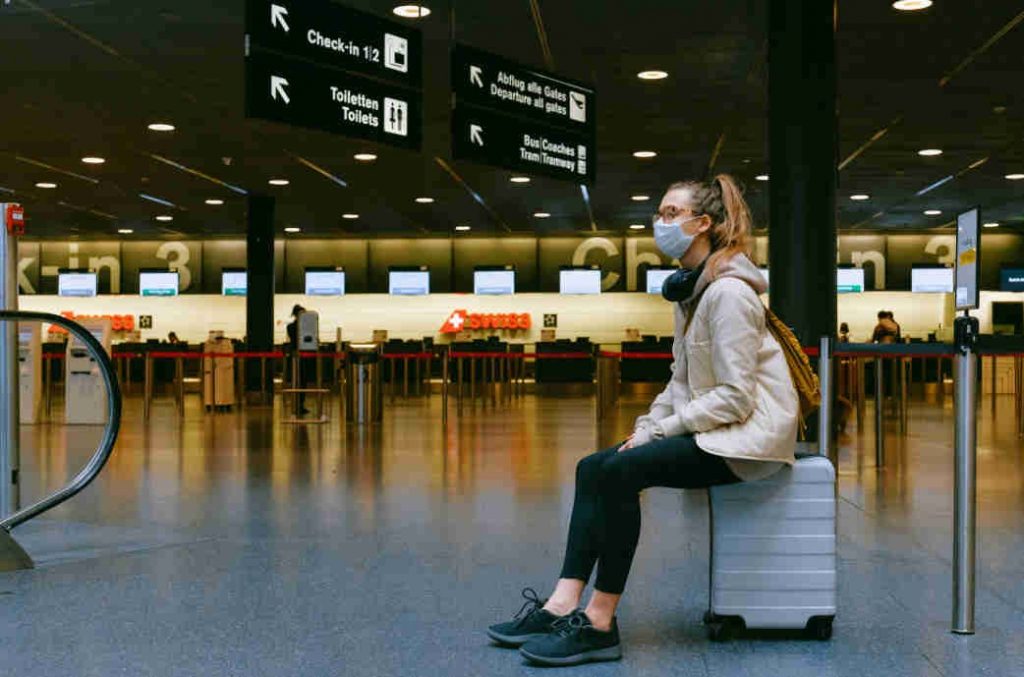The past 12 months have been a nightmare for travelers. Many travelers have been forced to put their travel plans on hold, rebook holidays or even cancel and request a refund. Whilst national and local restrictions are in the process of being lifted in some countries. Governments around the world are keeping their borders closed or tightly restricted for the time being.
That being said, not all are completely blocking access and many will want to encourage tourism as much as they can as soon as they can. They will soon look to restart their economy and welcome visitors. In addition, some nations such as Brazil and Mexico currently have no restrictions at all. It can be noted that these countries contain some of the highest Covid-19 cases in the world.
The good news is that slowly but surely, as infection rates decrease thanks to vaccines, you can begin to plan for some limited travel to other countries. There are some things you need to be aware of to avoid disappointment, including:
- Covid passports
- Insurance
- Local laws
- Vaccination
The use of Covid passports is a controversial subject but one that is looking more and more likely. While travel insurance against Covid-related issues will be an absolute must. And a little research in local laws concerning the virus will be of great benefit when travelling. A good rule might be to wait until you have had a vaccination. And in turn, be aware of your destination’s vaccination rate.

Barrier to Entry
Banning people from public spaces based on whether they have been vaccinated or not is a controversial issue. Nonetheless it is in place in some countries. Israel has infamously implemented the system inside their own country. The EU plans to roll out the system before the Summer.
While the UK has so far shelved plans to issue Covid passports amid public backlash claiming discrimination, it isn’t off the table. Britain has one of the most stringent anti-Covid travel restriction plans in the world. At the moment, the UK forces a 10-day quarantine on arrivals. Who must stay at government-appointed hotels at their own expense.
Most countries are against the use of Covid passports. However, many are actively pursuing the practice of requiring proof of a negative Covid-19 test before allowing entry to their state. Which means that this could become as common as proving your ESTA status. Given that this has wide public approval and isn’t as oppressive as marginalizing the unvaccinated. You should consider getting a test 3 days before you are set to travel anywhere as there is a good chance you will be asked for negative proof.
Essential Cover Travel Insurance
It seems that there is no end to travel insurance and Covid-19 is sure to be added as an additional expense when it comes to travelling to other countries. The unpredictable nature of the virus and many nations’ response to it means that insurance against such things as infection, quarantine, cancellations and travel restrictions will become necessary.
Travel insurance companies are already offering cover against Covid when travelling abroad. However, at the moment they do not seem to offer cover for any government-imposed lockdowns for regions. But rather for trip cancellations, medical expenses related to Covid and repatriations costs. It also doesn’t apply to travel to FCDO restricted countries such as China, Spain and the United States.
Should you travel to any of the “red-listed” countries of the FCDO then cover will not apply as you would be in breach of the conditions of insurance. However, travel into Europe can be purchased with an extension that grants cover to legally-sanctioned travelers.

Respect Authority
When travelling to any country it is always a good idea to check local laws as many destinations aren’t the same as home. For example, wearing a bikini on a beach in Saudi Arabia can land you a jail term. While bringing alcohol to the Maldives will net you a hefty fine. So, it is reasonable to assume that most countries will develop laws relating to Covid-19.
The UK has already imposed very strong, almost draconian Covid-19 laws which could see you paying a fine of up to £10,000 for disregarding anti-Covid measures in the country. These include not practicing social distancing, illegal mass gathering and not wearing face masks. Or even a 10-year prison sentence for falsifying your travel history. It is also currently illegal to travel outside of the UK.
The rapidly changing development that is related to the virus means that laws can be imposed very quickly and without little warning to travellers. Since they will usually be rushed through as part of emergency contingencies. Should you be travelling to another country, even when the worst is over, you should keep an eye on the news of your destination via social media, official government sites and local news sources.
Mass Marginalisation
Although vaccinations are underway in most developed countries, progress has been slower than everyone hoped and planned for. This means that at best, in the UK and USA for example, mass vaccination won’t be achieved until the end of Summer or Autumn. Poorer nations might not see full vaccination for years. Should you have been lucky enough to have received a vaccination it doesn’t mean that you aren’t carrying the virus.
Don’t be surprised if travel is still being restricted well into 2022. As entering an unvaccinated country could mean that you could potentially expose the residents of that country even though you are feeling fine. On the flip side, should you refuse a vaccination, as is your right, you could find yourself being refused entry to many nations. Especially if they impose the use of Covid passports. Nations such as the UK, USA, the EU and Australia are almost guaranteed to use some kind of Covid passport, but exactly what the rules or laws will entail is anyone’s guess at the moment.
The best advice would be to expect the worst for the time being and plan your trip well as the world still figures out what it is going to do mid and post-Covid 19. The high amount of interest shown by many nations, despite the public perception of Covid passports is an indicator that it might get a little worse before it gets better.
